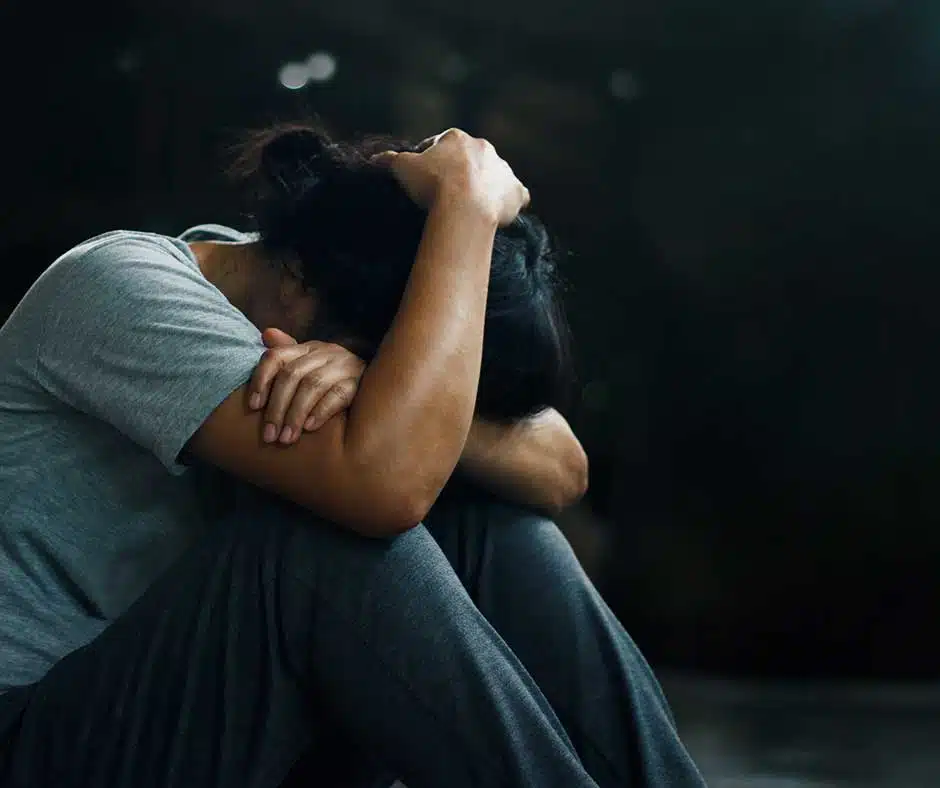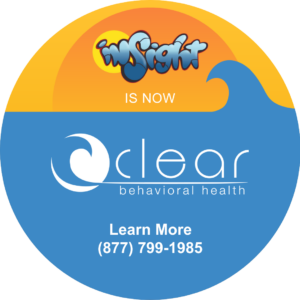If you’ve suffered a recent traumatic event, or have been afflicted by a past trauma for many years with no progress towards healing, you may be suffering from Post Traumatic Stress Disorder. However, distinguishing general fear from PTSD can be confusing. It may also be difficult for you to accept you may have this condition if you’re afraid of a potential diagnosis.
Learn more about what this is, why people get PTSD, and what can be done to help.
What is PTSD?
Experiencing a traumatic event is relatively common. Five out of ten women and six out of ten men will experience a traumatic event at some point in their lives.
PTSD, or Post-Traumatic Stress Disorder, is present in some people who have gone through a scary, shocking, or life-threatening event. People with this disorder may have experienced the event themselves or witnessed it. PTSD is usually not caused by situations that are merely stressful (losing a job, ending a long-term relationship, etc.). These events affect the person’s entire life.
Who Gets PTSD?
Contrary to popular belief, anyone can develop this disorder. In popular culture, it’s mostly shown in combat war veterans. Children, teens, adults, and the elderly can experience this PTSD.
The condition is more common in some population groups than others. Here are some findings about PTSD in the US from the US Department of Veteran Affairs:
- Around 8% of the population will experience PTSD at some point in their lives.
- 4% of men will develop PTSD at some point, compared with 10% of women.
- Of children and teens who’ve experienced a trauma, up to 15% of girls and 6% of boys develop PTSD.
- Almost 30% of Vietnam War veterans have had the disorder at some point in their lives.
What Causes It?
The disorder usually occurs when one experiences a traumatic event. During a scary situation, it is natural to feel fear during and after. One might even experience fear for a couple of weeks following the event.
However, if the fear is still present after a month, one can be diagnosed with PTSD. Victims suffer symptoms (discussed later on) that can wreak havoc on their lives.
The condition can result from several instances. Some of the most common include:
War and First Responders
Military personnel and first responders have careers where they are constantly exposed to trauma. They witness shocking scenes and must put themselves in the way of danger. Unfortunately, it is common for them to experience severe anxiety and other issues such as insomnia.
Assault
Being assaulted can make it hard for one to feel safe, even in their own home. Those who have been through muggings, robberies, or sexual assaults might experience PTSD long after the incident is over.
Car Accidents
Depending on the severity of the accident, car crashes can be very traumatizing. Victims can develop PTSD whether or not they were directly involved. Seeing the crash happen and the resulting damage and/or injuries can be very scary. After a car crash, it can be hard for victims to get back on the road. They might not be able to drive or even be in a car with someone else driving.
Why Do Some People Experience PTSD and Others Don’t?
Even if you have been gone through war, sexual assault, or another event that can cause PTSD, you may not experience the disorder. In fact, a minority of people who experience a traumatic event will develop PTSD.
- Those who develop it often exhibit specific risk factors. These risk factors could include:
- Having a history of mental illness.
- Getting hurt or losing a limb.
- Losing sight or hearing.
- Seeing people hurt or killed.
- Feeling a sense of extreme fear or helplessness.
- Having no social support following the event.
- Dealing with additional factors after the trauma, like the death of a loved one or the loss of a job.
There are also factors that lower your chances of developing PTSD following a traumatic event. These factors include:
- Finding a support group.
- Having a healthy coping strategy.
- Finding support in your social circle.
- Acting and responding appropriately in social situations, despite feelings of fear.
Signs of PTSD
Signs of the disorder can be broken down into three different categories:
Avoidance Symptoms
A person with the disorder may begin to avoid aspects of their normal routine. For example, if a man was robbed in at a bar, he may avoid going out for drinks at night.
These are some common avoidance symptoms to look out for:
- Avoiding places or objects that are reminiscent of the traumatic experience.
- Feeling guilty, worried, or depressed.
- Feeling emotionally numb.
- Being unable to remember the traumatic event.
- Losing interest in things you used to enjoy.
Hyper-Arousal Symptoms
Hyper-arousal symptoms are typically consistent. They aren’t triggered by memories of the event. Rather, the patient is constantly tense, has trouble sleeping, and startles easily.
Re-Experiencing Symptoms
Re-experiencing symptoms seep into victims’ normal routines. Examples of these symptoms include:
- Nightmares
- Flashbacks
- Frightening thoughts
These symptoms can stem from specific outside triggers or a person’s own feelings and thoughts.
What Does PTSD Look Like in Children?
- Symptoms can show up differently in children. Some signs that a child may have PTSD include:
- Bedwetting even after having been potty-trained.
- Exhibiting clinginess with a parent or teacher.
- Acting out the traumatic event.
- Being unable to communicate properly.
Seek Professional Help
Sometimes, victims may suffer from acute stress disorder (ASD). This occurs when a person has PTSD symptoms that only last for a few weeks as a result of a recent trauma.
PTSD is diagnosed when a person exhibits 3 avoidance symptoms, 2 hyper-arousal symptoms, and 1 re-experiencing symptoms for at least a month. We here at Clear Behavioral Health can help you or a loved one receive the treatment you need. Get in touch with us today to learn more about how we can help.

